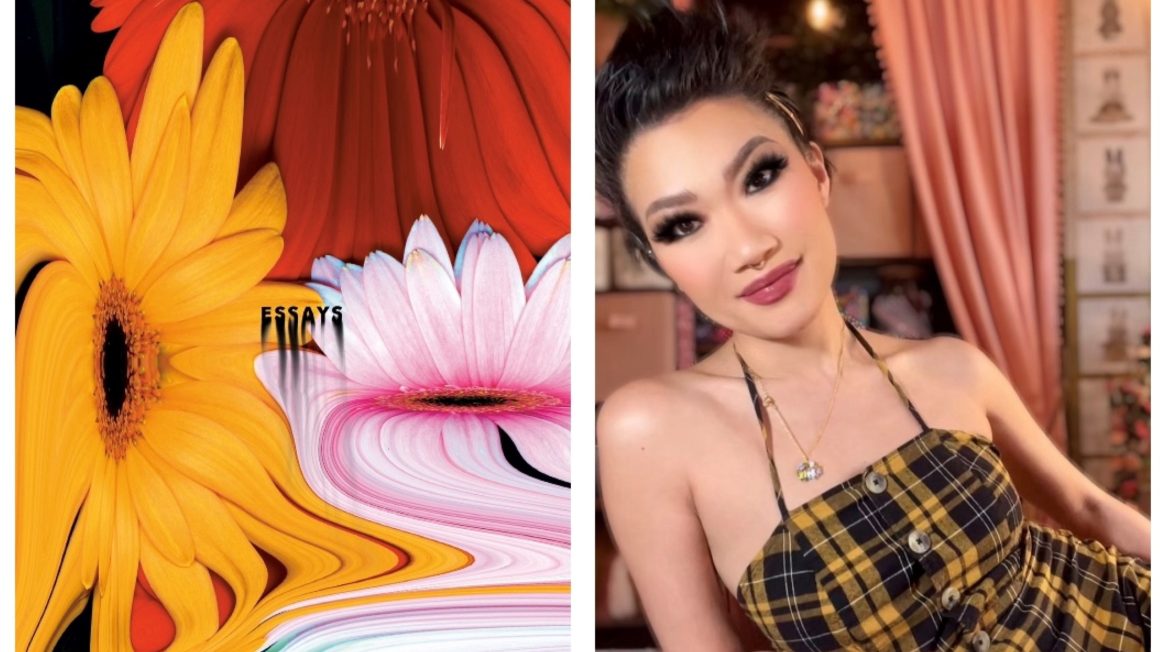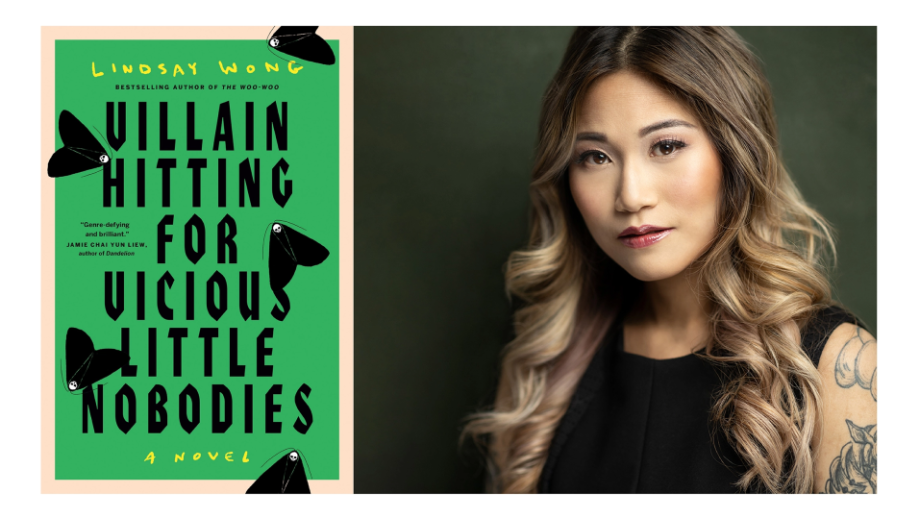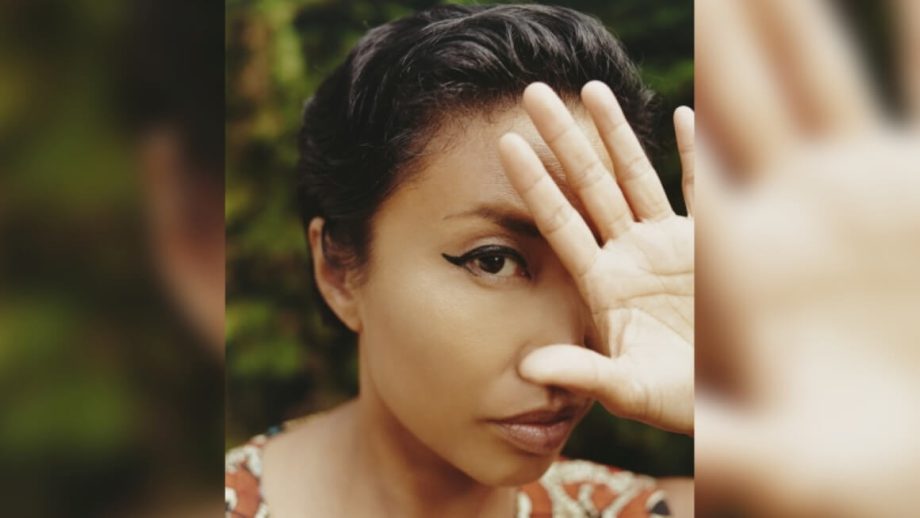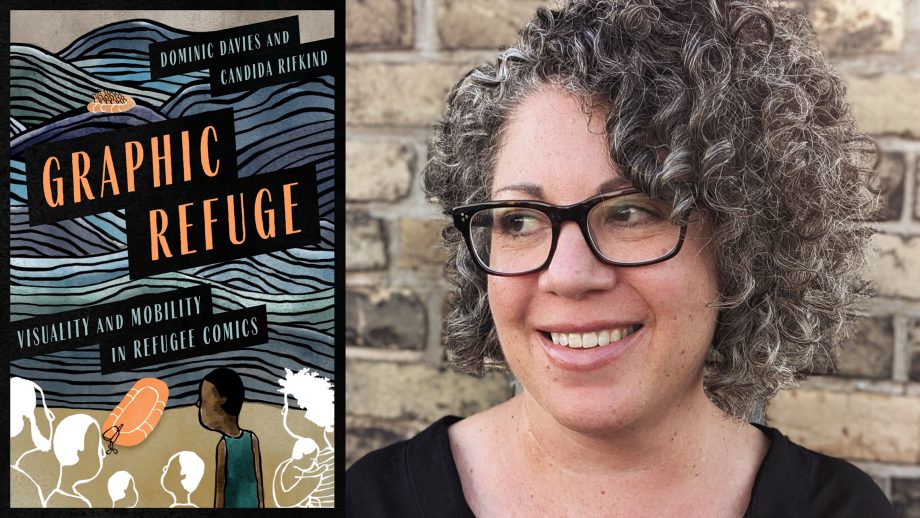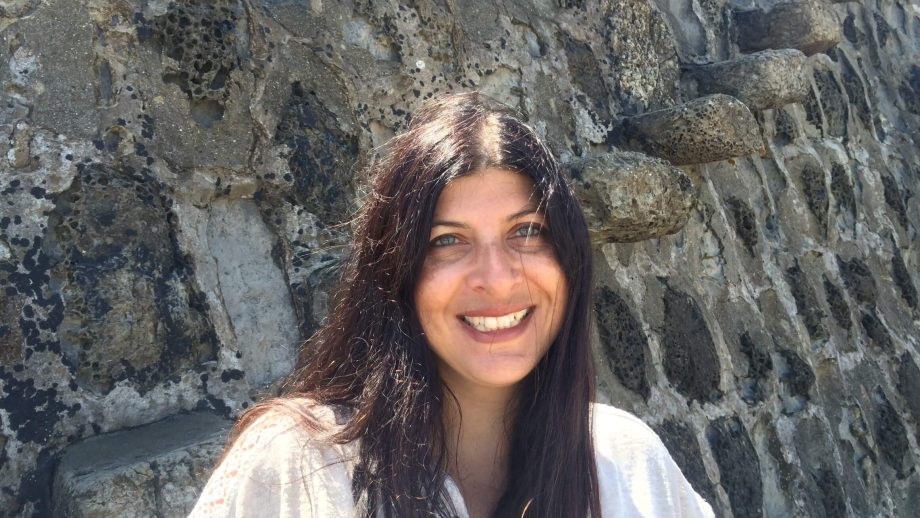UWinnipeg English professor, Dr. Jenny Heijun Wills, is pushing boundaries of genre, and breaking out of categories of identity with her latest book, Everything and Nothing at All.
Dr. Wills’ book is a collection of essays that combines memoir with cultural analysis and provides a more scholarly look at themes from her first book, Older Sister, Not Necessarily Related.
I wanted to push the expectations of genre and say there are different ways that our research appears in these kinds of work.
Jenny Heijun Wills
“In that text, I was really working through a lot of questions and emotions about transracial and transnational adoption reunion,” Dr. Wills explained. “In this collection of essays, I wanted to provide elements that are more brain-forward as opposed to feeling-forward. So, it’s kind of a sibling text.”
In 2019, her first book won the Hilary Weston Writers’ Trust Nonfiction Prize, and earlier this year she was nominated once again for her book, Everything and Nothing at All.
“It was my great shock and honour to be nominated for the Weston Nonfiction Prize, which I was amazed to have won with my first book,” she said. “Part of the shock, I think, came from what felt like lightning striking a second time – like the unusualness of that happening a second time.”
Dr. Wills, who also teaches critical race theory at UWinnipeg, said creative writing has been a homecoming.
“I think I’ve learned that the academic writing I was doing before was very performative,” she said. “It wasn’t a comfortable fit, but our university is so generous and so encouraging about creative research.”
Dr. Wills hopes this book will illustrate that research and academic inquiry can take more than one form.
“I wanted to push the expectations of genre and say there are different ways that our research appears in these kinds of work,” she said. “I definitely don’t think, especially for writers of colour, for queer writers, for marginalized writers, that we can discount experiential knowledge as something that’s unimportant.”
Dr. Wills said she also hopes Everything and Nothing at All helps to carve a space outside of the often-uncomfortable categories and definitions of self.
“One of the essays is called Rainbows,” she said. “It talks about how in queer communities we use the idea of rainbow family and in transracial adoption there’s this term of the rainbow family. And it’s kind of deconstructing the liberal satisfaction with those particular concepts, because by idealizing these concepts as a conclusion we’re not actually continuing to move our communities forward.”
Outside of class, Dr. Wills mentors students of colour, Indigenous students, and queer students. She said there were no professors of colour when she was doing her undergrad at another university, and she hopes to give UWinnipeg students a different experience than hers.
“I hope that if I do sort of represent anything,” she said, “it’s that – especially as People of Colour and/or Indigenous people – our lives and stories have value and they shouldn’t be given away for free. And we should have agency over how our experiences are told.”
In addition to being a finalist for the Hilary Weston Writers’ Trust Nonfiction Prize, Everything and Nothing at All also made the Globe and Mail’s list of the best books of 2024.

